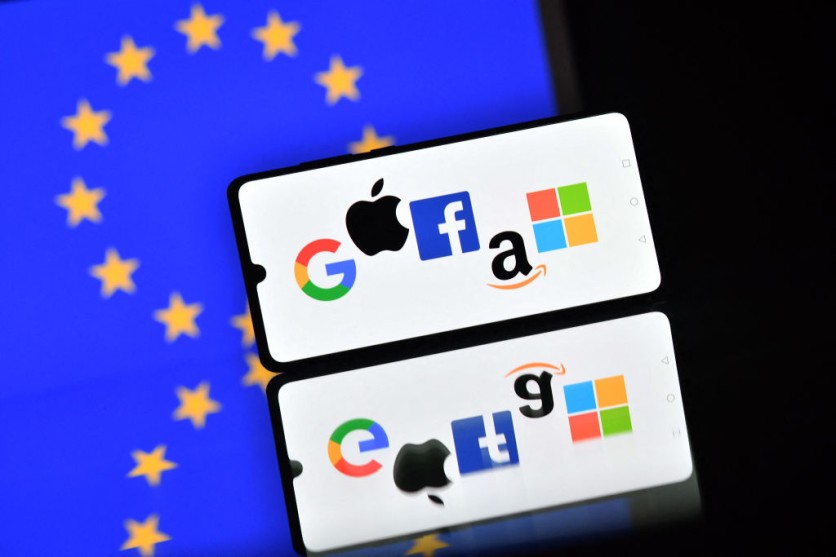The European Union (EU) has sounded the alarm about the potential dangers of generative AI tools in the context of democratic processes.

AI-Generated Disinformation
According to TechCrunch, Vera Jourova, the EU's values and transparency commissioner, has highlighted AI-generated disinformation as a potential threat to the European Parliament election next year. During a speech, Jourova addressed concerns over AI-generated disinformation and its impact on upcoming elections.
While acknowledging the initial steps made by several mainstream platforms to address these AI risks by implementing safeguards by informing users about the "synthetic origin of content posted online," Jourova emphasized the need for further action.
"These efforts need to continue and intensify considering the high potential of such realistic AI products for creating and disseminating disinformation. The risks are particularly high in the context of elections," she cautioned. "I therefore urge platforms to be vigilant and provide efficient safeguards for this in the context of elections."
Jourova also disclosed a forthcoming meeting with representatives from OpenAI, the company behind ChatGPT, to discuss this pressing issue.
The commissioner stressed the pivotal role upcoming national and EU elections will play in testing the effectiveness of the Code of Practice, urging platforms to uphold their responsibilities in light of the binding Digital Services Act.
She highlighted the transformation of the Code of Practice into a Code of Conduct as part of a co-regulatory framework to combat disinformation risks.
An essential development under the Code is the release of structural indicators, revealing insights into the accessibility and engagement levels of disinformation content. This unprecedented data offers crucial insights into platform efforts to combat this threat.
The pilot phase, conducted in three Member States, showcased notable disparities between disinformation actors and their non-disinformation counterparts in terms of followers and platform tenure, according to the EU commissioner.
Read Also : News Organizations Globally Believe Generative AI Presents New Opportunities for Journalism, Survey Reveals
Disinformation in the Russia-Ukraine War
Furthermore, the commissioner emphasized the need for platforms to monitor disinformation surrounding the Russian war in Ukraine.
Google reported the termination of over 400 channels associated with coordinated influence operations linked to the Russian-state-sponsored Internet Research Agency, along with the removal of ads from nearly 300 sites connected to state-funded propaganda, according to Jourova.
Meta expanded its fact-checking partnerships to cover 26 partners across 22 EU languages, including Czech and Slovak. TikTok's fact-checking endeavors encompassed Russian, Ukrainian, Belarusian, and 17 European languages, with 832 videos related to the war undergoing scrutiny, resulting in the removal of 211.
Thus, Jourova also stressed the need for heightened efforts in combatting Russian propaganda and disinformation. The commissioner commended major platforms for initiating measures to inform users about the synthetic origin of AI-generated content.
She urged these platforms to persist and strengthen these efforts, given the significant potential of realistic AI products in spreading disinformation, particularly in election contexts.
Jourova outlined critical areas of focus for platforms, including consistent moderation, increased investment in fact-checking (especially in smaller Member States and languages), and enhanced accessibility to data for researchers to contribute to necessary transparency efforts.
Related Article : EU's Digital Services Act Names Tech Companies That Must Follow its Latest Rules; Violators To Be Fined

ⓒ 2026 TECHTIMES.com All rights reserved. Do not reproduce without permission.




